The U.N. cultural agency acknowledged iftar – the evening meal that marks the end of daily fasting during the sacred month of Ramadan in the Muslim faith – as part of its catalog of intangible cultural heritage on Wednesday.
The application for the sociocultural tradition was jointly submitted by Iran, Türkiye, Azerbaijan and Uzbekistan to UNESCO.
“Iftar (also called Eftari or Iftor) is observed by Muslims at sunset in the month of Ramadan, upon completion of all religious and ceremonial rites,” said UNESCO.
Iftar, which follows the sunset call to Maghreb prayer during Ramadan, is associated with gatherings “strengthening family and community ties and promoting charity, solidarity and social exchange,” it said.
The age-old community tradition was recognized by the Intergovernmental Committee for the Safeguarding of Intangible Cultural Heritage, which has been meeting in Botswana since Monday.
In several Muslim countries, it is customary to mark iftar by eating a date accompanied by water or tea. However, recipes for dishes and pastries vary greatly depending on the country.
The U.N. body said that “the iftar practice is typically transmitted within families and children and youth are often entrusted with preparing components of traditional meals.”










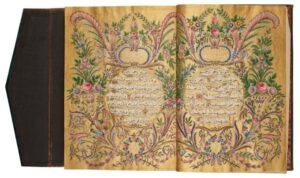





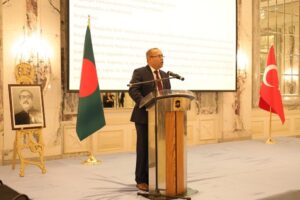

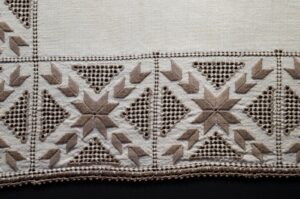





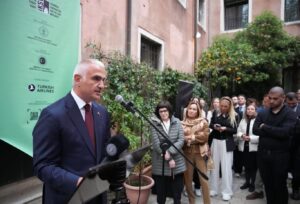

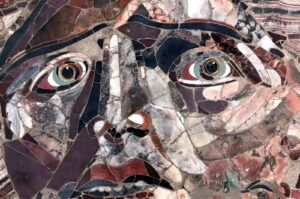












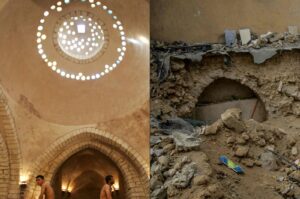



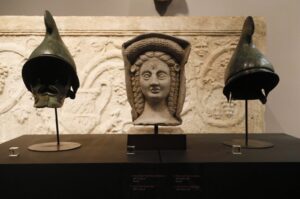

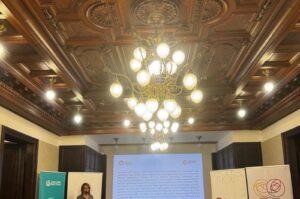
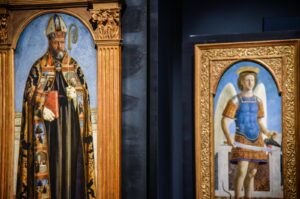

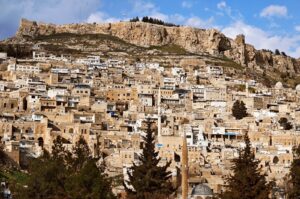



Be First to Comment